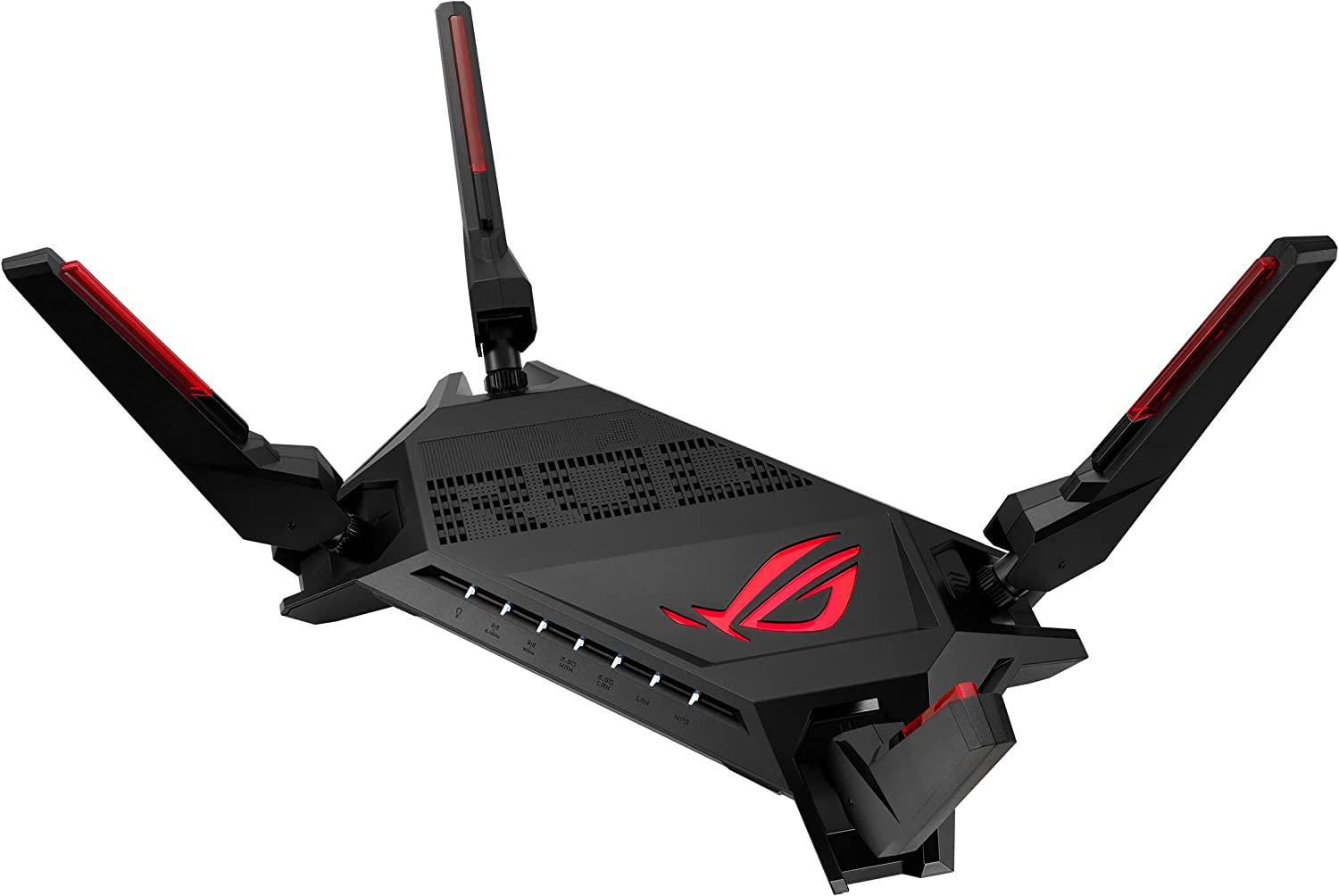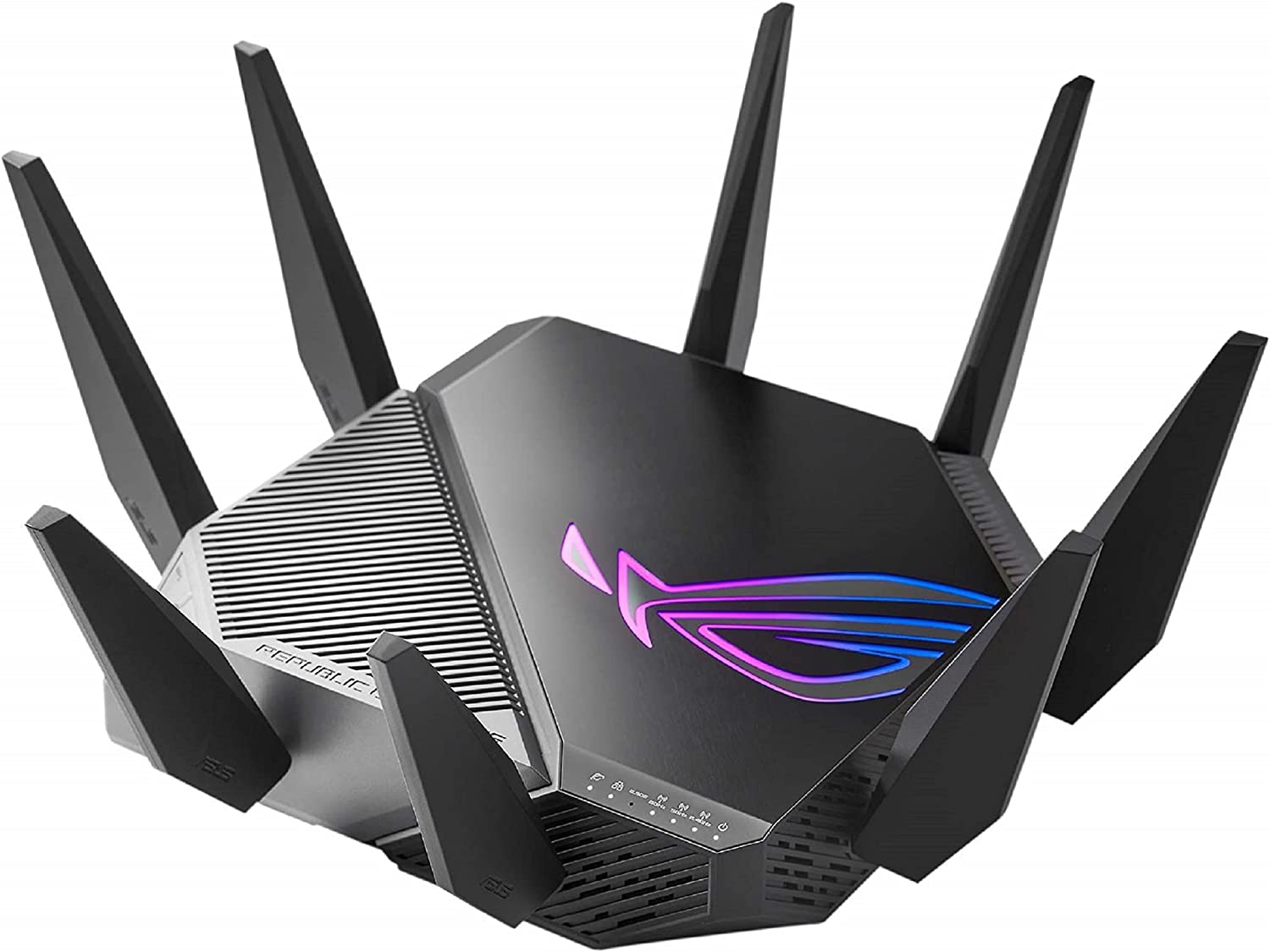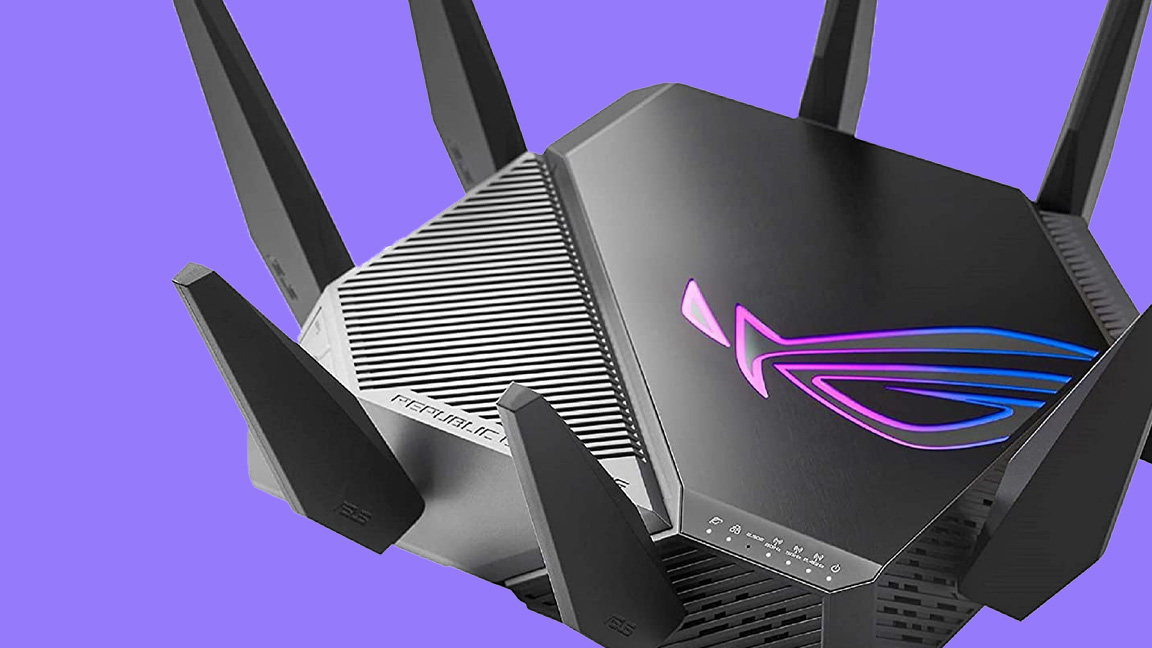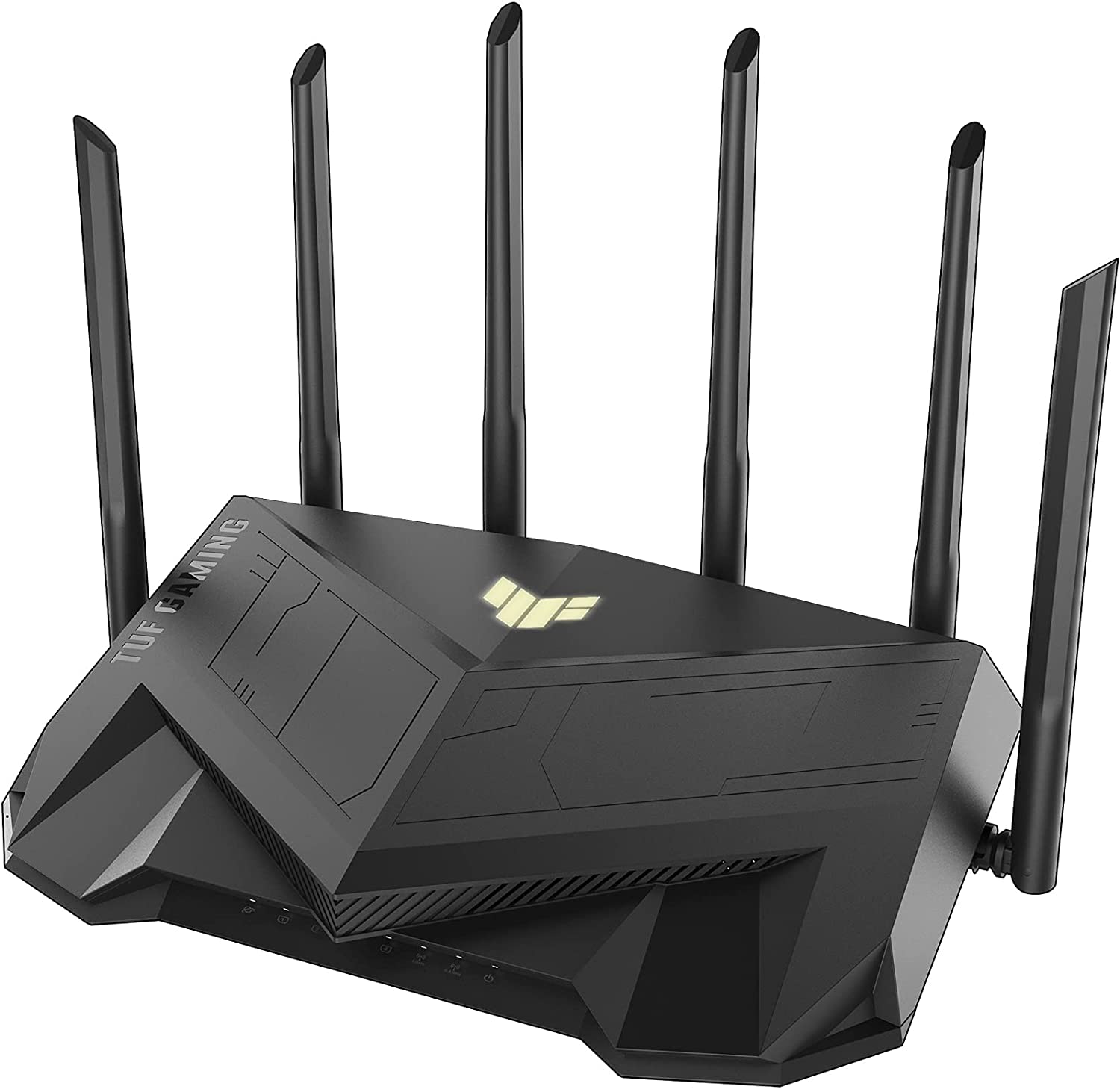Are gaming routers worth it?
Are gaming routers really the secret weapon to better gaming?

Considering that gaming routers come at a premium, figuring out whether the investment is worth it or is just a bit of marketing can be tough without a little bit of help. After all, you don’t want to spend that extra cash on something with RGB lighting or an aggressive aesthetic when any old router will meet your network needs.
Of course, the best gaming routers do offer more than just a particular aesthetic and some gamer-centric buzzwords. They cater to certain types of users that need blazing fast speeds and rock-solid performance and it’s not because they’ll be streaming the latest Netflix blockbuster and checking emails.
That said, investing in a router made for gaming is a little less exciting and often harder to justify than, say, upgrading your GPU. But, depending on what you need out of your router, it might be worth it. In that vein, we’ll consider all sorts of options including wireless routers and mesh routers to see if you should upgrade to one.
We’ll dig into whether getting one of these routers will help you get the most out of that gaming PC or gaming laptop. Not all gamers will want to make the jump, but for some, it will be worth it. We’ll factor in the unique features these routers come with as well as the type of gamer to help you decide.
What makes a gaming router?
- Performance and features set gaming routers apart
- They come with robust bandwidth solutions
Getting a gaming router will not all of a sudden make you a better player. But, it could make a difference in how seamless your sessions are by minimizing network-related issues or limitations. Experiencing lag, screen tearing, or other interruptions because multiple devices are vying for bandwidth all play a part in whether you need one of these routers.
To start, gaming routers offer the kind of fast data transfer speeds that you find in more robust routers. And, the current generation routers such as the Asus ROG Rapture GT-AX6000 are more likely to come with the latest Wi-Fi 6 standard, allowing even faster speeds for computers and laptops that also support the standard.
Having enough bandwidth is always an issue, and one of the main things that gaming routers try to tackle is managing that bandwidth so that gaming devices keep a steady and low ping (or latency). While just about every Wi-Fi router younger than Tik-Tok comes with at least a 2.4GHz and 5GHz band to organize device traffic, gaming routers sometimes offer tri-band connectivity for even more capacity to handle for multiple devices. The Asus ROG Rapture GT-AXE11000, for example, includes a blazing 6GHz frequency band for a faster, more continuous signal that’s less prone to interruptions from other devices on the network.
Sign up for breaking news, reviews, opinion, top tech deals, and more.
Even without that next level performance and bandwidth, a gaming router’s feature-set is still unique, not to mention useful. It’s able to help you prioritize your gaming devices during your gaming sessions, find servers that are geographically closer or are experiencing less traffic, and have a plethora of ports for dedicated connections.

Pros
- Excellent performance
- Gamer-focused settings
Cons
- Expensive

Pros
- Supports Wi-Fi 6E
- Super fast throughput
Cons
- Massive
Gaming router features explained
- Gaming router can more easily prioritize gaming network traffic
- They generally come with more ports
The included feature set on a gaming router separates it from the pack as much as its performance and bandwidth do. Though most routers come with physical ports for the devices that need it, models aimed at gamers come with more ports as well as more specialized ones dedicated to gaming consoles and PCs. USB ports are also typically on hand to plug in printers or external hard drives you want available to the whole network.
Whether or not you’re physically plugged in, these routers have a number of ways to minimize the amount of latency you experience while gaming. QoS (quality of service), a feature available typically through software that interfaces with the router, does just that by putting whatever you’re playing at the top of the list of devices and tasks vying for bandwidth. Many gaming routers also come with the ability to find the shortest path to the server to which you’re connected or even force a connection to the closest server to minimize latency (sometimes called geofiltering or geolocating).
You’ll also find MU-MIMO (multi-user, multiple-input, multiple-output) support on most gaming routers, a feature that allows multiple devices almost instantaneous access to the network. This way, someone watching Netflix will still get a solid signal regardless of how poorly you’re doing in Fortnite at the moment.
That’s just the tip of the iceberg when it comes to features. Security features, the ability to test and monitor ping and bandwidth, and even sometimes RGB lighting are part of the package.

Strengths and weaknesses of gaming routers
- Gaming routers are adept at prioritizing network tasks
- Mesh systems and range extenders are still needed for dead spots
What gaming routers do best, in essence, is provide a number of ways to prioritize and protect the connection handling your current gaming session. And, they do it better than other routers, thanks to that combination of performance and features. These are basically really good routers that happen to have some gamer-focused specialization.
That said, while some newer models such as the Asus TUF Gaming AX5400 (which still requires you to buy additional units) offer mesh-like features, many keep to the standard single-unit setup. That means that homes or offices with dead spots or range issues will still have those same problems when using a gaming router. If you insist on a gaming router and still have these coverage-related problems, you might need to add on a Wi-Fi extender.
Also, keep in mind that these are fantastic for organizing in-network traffic but can only do so much with the signal coming in. To take full advantage of one of these routers, you’ll want to make sure that the modem you’re using and the speeds that your provider offers aren’t also creating bottlenecks.
Should you get a gaming router?
- Online competitive gamers will appreciate what these routers have to offer
- Those that play mostly offline games should save their money
Not every gamer should invest in a gaming router. Their specialization means that they’re pricier than equivalent non-gaming options (not counting mesh routers, which are also heavy on the pocketbook).
Also, if you prefer single-player adventures, you’re paying quite a bit extra for some slightly improved download times. If your online gaming isn’t that intense, you probably won’t experience that much of a difference either.
Gamers that play anything online that’s remotely competitive are the ones who will benefit the most from a gaming router and see the biggest difference. After all, every part of a system needs to have the lowest latency possible and that includes that network connection. While a powerful non-gaming router may still work well, once another device starts doing something that requires a large amount of data, you need a network solution that can organize large downloads, streams, or whatever else is hogging the frequency band around your game instead of sharing it equally. And, nothing can do that quite like a gaming router.

James Holland loves checking out gadgets of all sorts, whether it's audio equipment, laptops, or vacuums (especially of the robot variety), and does so for a number of Future Publications including TechRadar, Top Ten Reviews, Homes & Gardens, and T3. He's built up an expertise for in-depth reviewing over the last four years. When he's not putting in the work on the latest tech, he loves to travel, play music, and eat questionable food.
